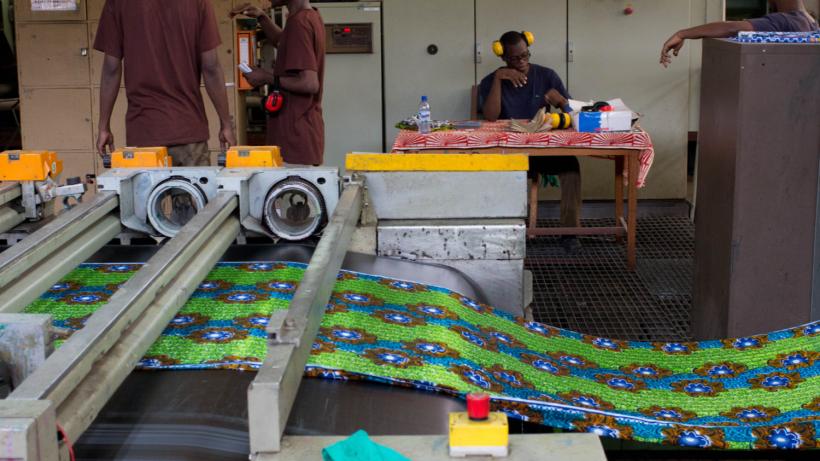
Increasing investment through organisational change
Attracting foreign direct investment (FDI) is crucial to achieving structural transformation in sub-Saharan Africa. Encouraging local investment agencies to reform – by shifting their focus from simply granting licences towards actively helping foreign companies overcome inappropriate obstacles that threaten their viability – can significantly enhance the rate of job creation from FDI.
What is the challenge?
Countries across sub-Saharan Africa are looking for effective strategies to achieve rapid and large-scale job creation for the rising generation of young people. FDI can be a powerful engine of job creation by strengthening exports, easing balance of payments constraints, connecting domestic suppliers to international markets, and contributing to the long-term development of the country’s industrial capabilities. The goal of an investment promotion agency is both to attract foreign companies and to remove unnecessary and inappropriate obstacles that hamper their chances of becoming operational or inhibit their future expansion. Many countries lack a well-functioning agency that does this job effectively.
Addressing the problem
The IGC, through the leadership of Professor John Sutton, has supported the reform of the Ethiopian Investment Commission over the past four years. This work began with assessing the workings of the agency, and setting out a detailed plan for reform. The key recommendation was to establish a ‘relationship building’ model, pioneered by Finland, Ireland, and Singapore, and accepted as best practice for investment agencies worldwide. Professor Sutton worked closely with Commissioner Fitsum Arega to establish such a programme and place it at the centre of the agency’s work.
A Relationship Building Programme revolves around three key elements:
- The allocation of a single dedicated ‘contact person’ from the investment agency to each foreign firm.
- Regularly fortnightly or monthly team meetings with all ‘contact persons’ and the programme director where new ‘live issues’ are identified and reviewed. Agreed action points are followed up at successive meetings until they are resolved.
- The team gradually identifying recurring types of problems, and developing a standard procedure for each of them, so that future problems of this type can be dealt with expeditiously.
The most important result of establishing such a programme is that it shifts the energy of the investment agency away from ‘putting out fires’ towards anticipating problems and resolving them before they become critical.
Impact on policy
This programme is now fully operational at the Ethiopian Investment Commission, and covers over 400 companies. It is now being extended to cover firms setting up operations at the newly established industrial park in the city of Hawassa.
- John Sutton’s presentation at Growth Week 2016
- Interview with John Sutton
- Growth brief: Harnessing FDI for job creation and industrialisation in Africa
John Sutton, Amanda Jinhage, Jonathan Leape, Richard Newfarmer, John Page

